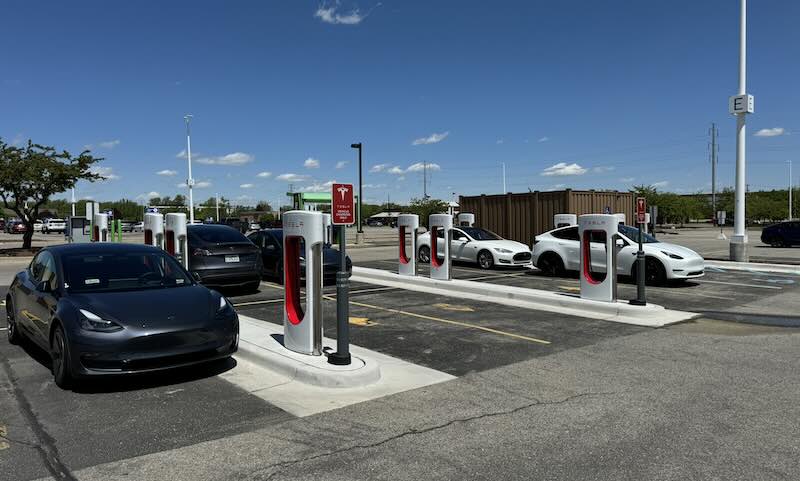Electric vehicles have long faced skepticism about their longevity, particularly when it comes to battery life. However, a recent study by Geotab, a fleet management company, has shed new light on this topic, potentially reshaping the conversation around EV adoption.
Analyzing data from nearly 5,000 electric vehicles, Geotab’s research reveals a surprisingly positive trend. Modern high-voltage batteries are demonstrating remarkable resilience, with degradation rates significantly lower than previously thought. The average annual degradation rate has dropped to a mere 1.8%, a 22% improvement from the 2.3% reported in 2019.
This means that EV batteries are outlasting even the most optimistic predictions. At this rate, after two decades of use, an EV battery could theoretically retain 64% of its original capacity. For perspective, a Tesla Model Y Long Range All-Wheel Drive with an initial range of 320 miles could still manage an impressive 204.8 miles on a single charge after 20 years.
While the overall trend is positive, the study highlights some crucial differences between battery technologies. Actively cooled battery packs, like those found in Tesla vehicles, show significantly better performance than passive air-cooled systems.
Contrary to what one might expect, the study found that heavily used EVs don’t necessarily suffer from increased battery degradation. This revelation suggests that EVs could offer even more value for high-mileage drivers, potentially reshaping fleet management strategies and personal vehicle choices.
It’s worth noting that the relationship between battery health and range isn’t strictly linear. Most modern EVs incorporate protection buffers at both ends of the state of charge. As the battery ages, these buffers gradually shrink, effectively mitigating some of the range loss that would otherwise occur.
These findings could have far-reaching implications for the electric vehicle market. The extended lifespan of EV batteries challenges the notion that electric cars are a short-term investment. It also raises questions about the need for battery replacements, potentially reducing the long-term cost of EV ownership.
Moreover, this data could influence how manufacturers approach battery warranties and how consumers perceive the value proposition of electric vehicles. With batteries outlasting the usable life of vehicles, we might see a shift in how EVs are marketed and sold.
We can expect even better performance in future EV models. This progress could accelerate the adoption of electric vehicles, addressing one of the key concerns that have held back some potential buyers.
However, challenges remain. While battery longevity is improving, other factors such as charging infrastructure and initial purchase price still play crucial roles in EV adoption. Additionally, as EVs become more prevalent, questions about battery recycling and second-life applications will become increasingly important.
